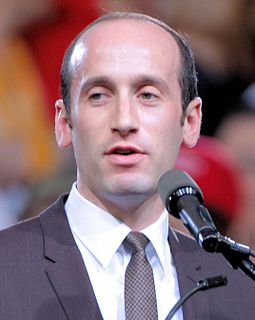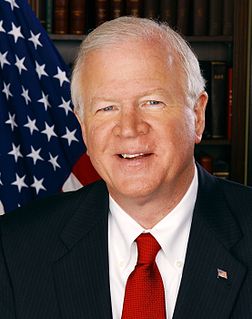A Quote by Bill Bradley
Whenever Congress undertakes large-scale reform, there are times when disaster appears certain - only to be averted at the last minute by the good sense of its sometimes unfairly maligned members.
Related Quotes
The observation that money changes induce output changes in the same direction receives confirmation in some data sets but is hard to see in others. Large-scale reductions in money growth can be associated with large-scale depressions or, if carried out in the form of a credible reform, with no depression at all.
With every new class of representatives that comes to Congress, there is a greater recognition of the perils of private financing of campaigns. I believe that by pulling back the curtain on the daily pressures faced by members of Congress, we can show the public how critical this reform is to the salvation of our democracy.
There can be no complete and permanent reform of the civil service until public opinion emancipates congressmen from all control and influence over government patronage. Legislation is required to establish the reform. No proper legislation is to be expected as long as members of Congress are engaged in procuring offices for their constituents.
I came to the conclusion months ago, and I said it to members of Congress, that the only way people are going to fully appreciate what this reform is if we pass it and implement it and it becomes not a caricature but a reality, and I still believe that. So I think it will be easier to sell it moving forward than it was to this point.
Whenever you think you're writing what other people want to hear from you, and that it'll be commercial, you're doomed to disaster. Writing has to be as truthful and specific as we can make it. The minute we think that we're reaching more people and pleasing them, we get general. And audiences sense that and turn away, shun us.
The Constitution, in addition to delegating certain enumerated powers to Congress, places whole areas outside the reach of Congress' regulatory authority. The First Amendment, for example, is fittingly celebrated for preventing Congress from "prohibiting the free exercise" of religion or "abridging the freedom of speech." The Second Amendment similarly appears to contain an express limitation on the government's authority.
Let me make it clear that I do not assert that a President and the Congress must on all points agree with each other at all times. Many times in history there has been complete disagreement between the two branches of the Government, and in these disagreements sometimes the Congress has won and sometimes the President has won. But during the Administration of the present President we have had neither agreement nor a clear-cut battle.
There does seem to be a sense in which physics has gone beyond what human intuition can understand. We shouldn't be too surprised about that because we're evolved to understand things that move at a medium pace at a medium scale. We can't cope with the very tiny scale of quantum physics or the very large scale of relativity.
In a certain sense, and to a certain extent, he [the president] is the representative of the people. He is elected by them, as well as congress is. But can he, in the nature [of] things, know the wants of the people, as well as three hundred other men, coming from all the various localities of the nation? If so, where is the propriety of having a congress?

































